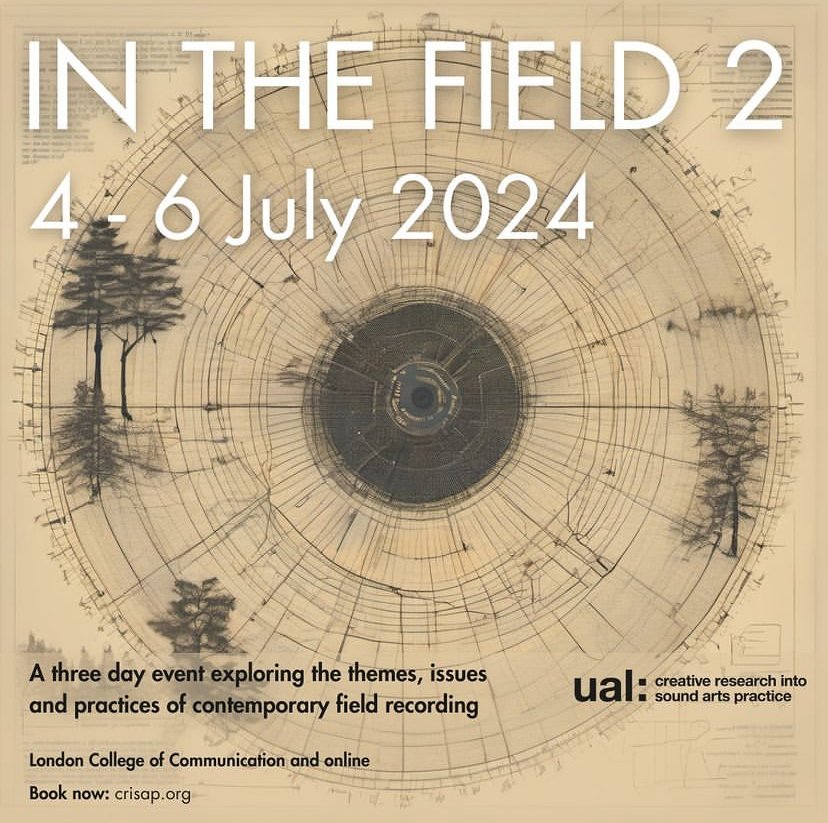Toward a Field-less Option
A paper for the “In The Field 2” conference 4-6 July 2024
David Michael, Michael Clemow
Abstract
Advancements in recording technology have allowed us to record for ever longer durations in increasingly remote locations. We have abandoned being in attendance with our microphones during the recording process, offering instead our absence to increase the comfort of our subjects and provoke them to vocalize, stridulate, or otherwise vibrate the air for our devices. Our recordings are now so long that we are forced to scan their spectrograms for utterances that we recognize visually because we cannot actually listen to them in their entirety. In fact, as recordists, we have delegated the experience of listening to natural sounds to our machines.
If this exponential advancement in technology persists, in another 15 years we may never need to stop recording. In 50 years, we may need not bother entering the field ourselves; perhaps instead we may simply sample the Earth’s auditory data from the comfort of our studios as satellites and Google Maps allow today for photographic data. At what point do we cross the threshold between sounds and data, between field work and surveillance?
Our position is that we have indeed already crossed this threshold and our efforts to ethically reframe the practice may now always fall short. In this paper, we draw from post-capitalist, eco-feminist, decolonial theories, as well as critical art practices to investigate the limits of reframing the practice of field recording merely to justify its continuance. Further, we probe alternatives to such efforts and we ask whether any ethical reframing can be complete without the option to stop recording the field entirely.
